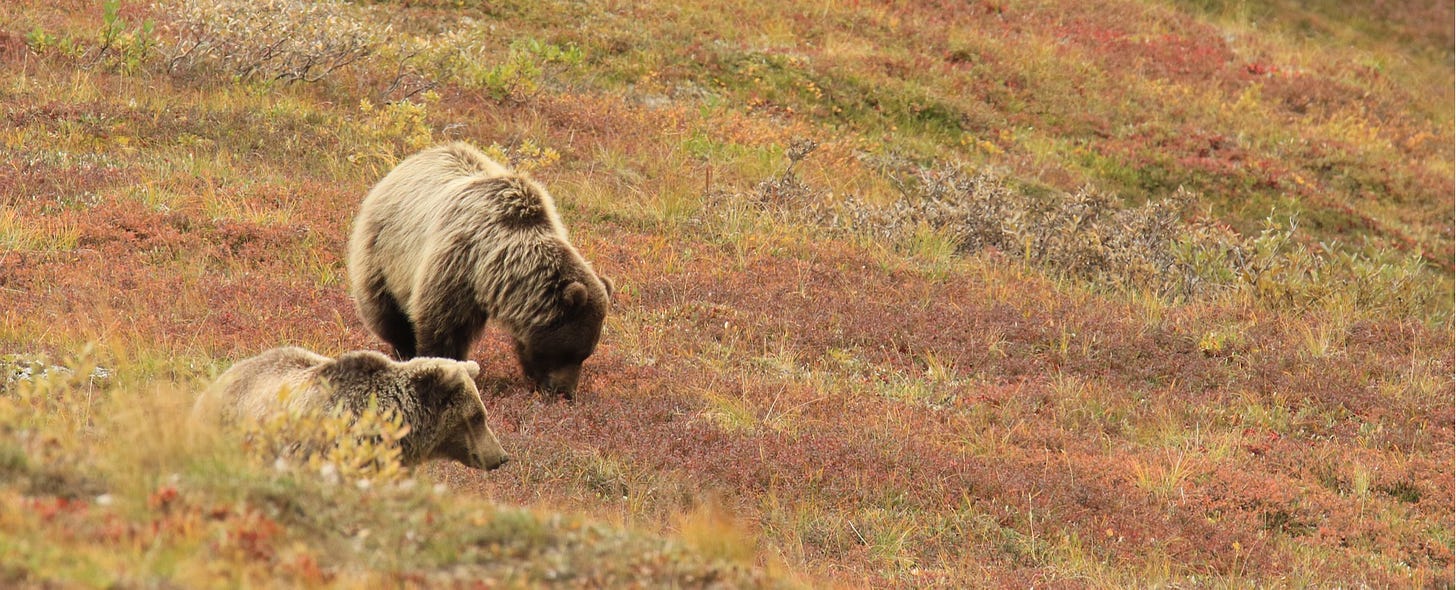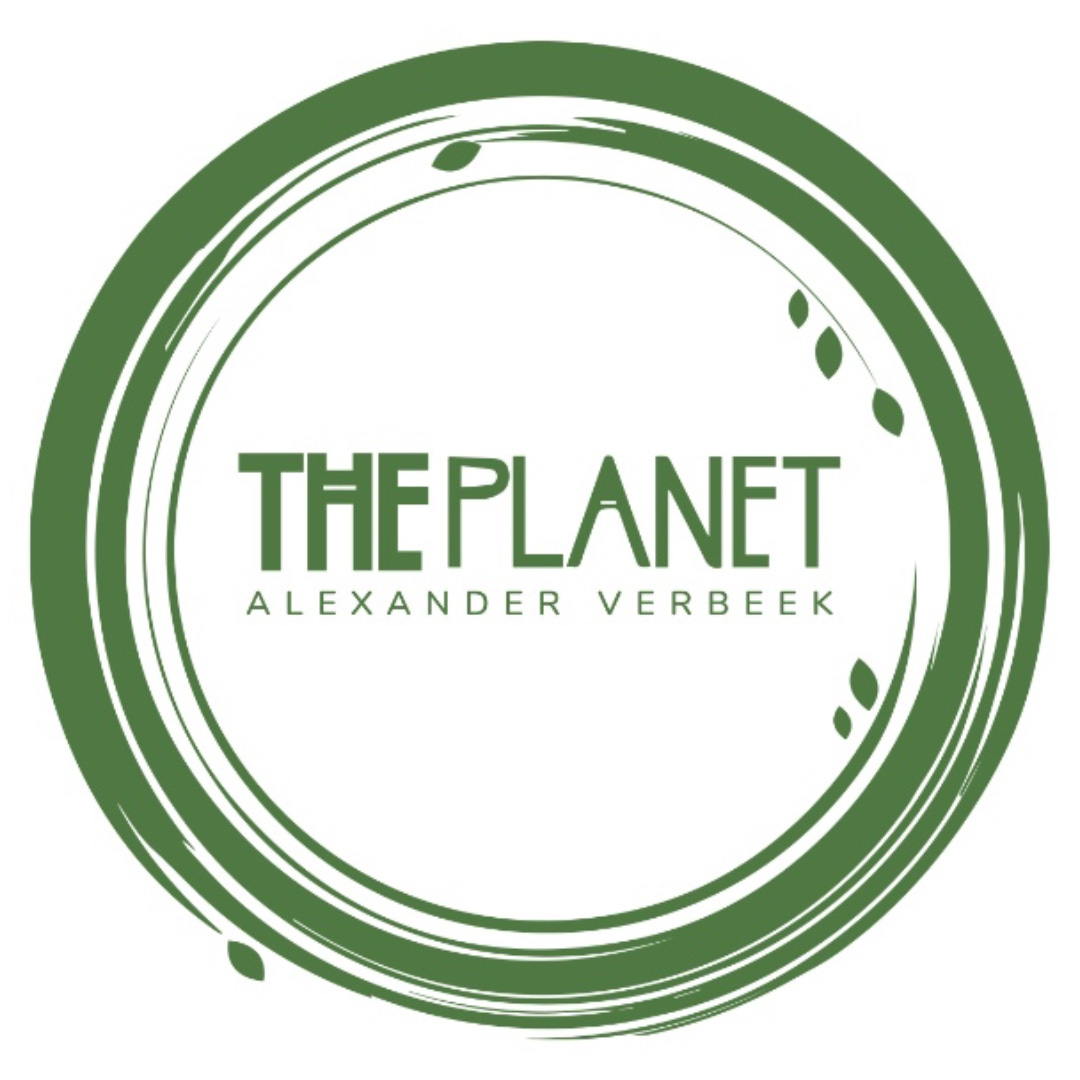How NATO should prepare for climate change
Civil society organizations presented their views on climate action for the security organization.
Two weeks before the NATO summit on June 14, a coalition of civil society organizations presented their views on climate action for the security organization. A few years ago, this would have been very activistic, and the recommendations would likely not have gotten much attention. But 2021 seems to be on track to become a good year for climate action, which is good news that gives a little bit of hope in a year that, according to the IEA, will show the second-highest increase ever in the emissions of greenhouse gasses.
Today, the good news was that the Biden administration announced suspending oil and gas drilling leases in the Arctic National Wildlife Refuge that the previous administration had issued. The media, meaning the quality media that I follow, is still willing to write mostly positively about Biden's environmental policies. I noticed that today's announcement got more coverage than the recent criticism he received for legally defending a significant drilling project elsewhere in Alaska. President Biden also didn't block the Dakota Access oil pipeline and even supported Trump's decision to grant oil and gas leases on public lands in Wyoming. These decisions seem at odds with the recent report by the International Energy Agency that calls for an end to coal, oil, and gas development to reach net-zero in 2050.
But still, what a change compared to just one year ago. Even though there are decisions to criticize, the U.S. develops a climate action strategy, mainstreams these in most of its policies, and is eager to work with other international partners.
A year of climate action
This year is also the year of remarkable changes in banks' and corporations' policies towards climate action. This year is on track to become the first where banks invest more in climate-friendly projects than in the fossil fuel industry. Last week, shareholders rebelled against the policies of major fossil fuels companies by demanding greener strategies. And in the Netherlands, a court has ordered Royal Dutch Shell to cut its carbon emissions by a net 45% by 2030 compared to 2019 levels.
In the past six months, we have seen governments and businesses becoming much more serious about climate action. A good starting point is the decision of the EU leaders in December 2020 to set a binding EU target for a net domestic reduction of at least 55% in greenhouse gas emissions by 2030 compared to 1990, a substantial step up from the EU's previous 2030 target of cutting emissions by 40%.
A good point to measure if there is a significant policy change taking place is the end of this year; then, we can evaluate the results of COP 26 in Glasgow. This conference of parties of the UN climate treaty (the UNFCCC) should move the UN Climate Change process forward; it requires a lot of ambition and international cooperation.
Against this background, where both the climate change threat and the willingness of major players to take action against it are increasing, the NATO summit will occur in two weeks. Climate change is one of the issues to be discussed. A top-meeting of a security organization may not be the first event you would think of in the context of climate change, but it is an important event that fits in the developments that I just summarised.
NATO, and many in the defense community, has taken its time to recognize climate change for what it really is: a global threat to security. But now that in the past few years, the impacts of climate change developed even faster than most scientists had predicted, NATO can no longer ignore its relevance for security. Climate change, and other planetary threats like biodiversity loss, create planetary security threats. Regions or countries can destabilize, existing tensions grow, and the military structures need to adapt to new challenges by new analysis, new internal systems and organization, and new external strategies.
Today, a group of 70 experts on a wide range of climate, development, environmental, and security issues presented a report that contains 116 policy options and practical recommendations. The analysis can help strengthen NATO in a time of new environmental-related challenges to promote sustainable peace and security for all.
The report, 'Sustainable Peace & Security in a Changing Climate: Recommendations for NATO 2030', can be downloaded from the Brussels-based Environment & Development Resource Centre (EDRC) website. I am the EDRC Policy Director; you can visit our website here.
I will likely come back to the report’s analysis and recommendations in future posts about climate change, security, peace, or the greenhouse gas emissions of the defense sector. This newsletter is called The Planet since its articles are about both the beauty of our planet and the threats to all forms of life on earth; planetary security is part of that narrative.
Capture the Wild: One week left for the photo contest
If you have pictures of wildlife, or your dog or cat, you may want to join the 'Capture the Wild' photo challenge sponsored by Untamed Photographer. It is fun to participate in, and your photo and story could win 2,500 dollars or one of the other prizes.
This is a picture that I took this winter in Canada. Does it capture the wild? Should I send this one in?
Wishing you all a beautiful day!
And if you got this far: this newsletter could use some support. I hope you will subscribe. Increasingly I see that some of you give the newsletter as a gift subscription, perhaps you know someone that would like to receive The Planet?
Giving makes three people happy: the one that receives it, me, and you because you made two people happy. All that for only 0,16 dollars per day :-)
Notes:
https://www.consilium.europa.eu/en/policies/climate-change/Photo bears: Image by Orna Wachman from Pixabay
Photo desert: by Anja🤗#helpinghands #solidarity#stays healthy🙏 from Pixabay










Thank goodness there will be no drilling in the Arctic. I’ve signed so many petitions and sent emails to legislators to block it. Until our legislators realize that fossil fuels are a large part of climate change not much will happen to change our dependence on them. Loved your deer photo. Here on Eastern LI we have lots of them, perhaps too many.
I downloaded the report of the North-Atlantic Civil-Society Working-Group on Environment and Security (NCWES) a pdf file, for more readings today (-: